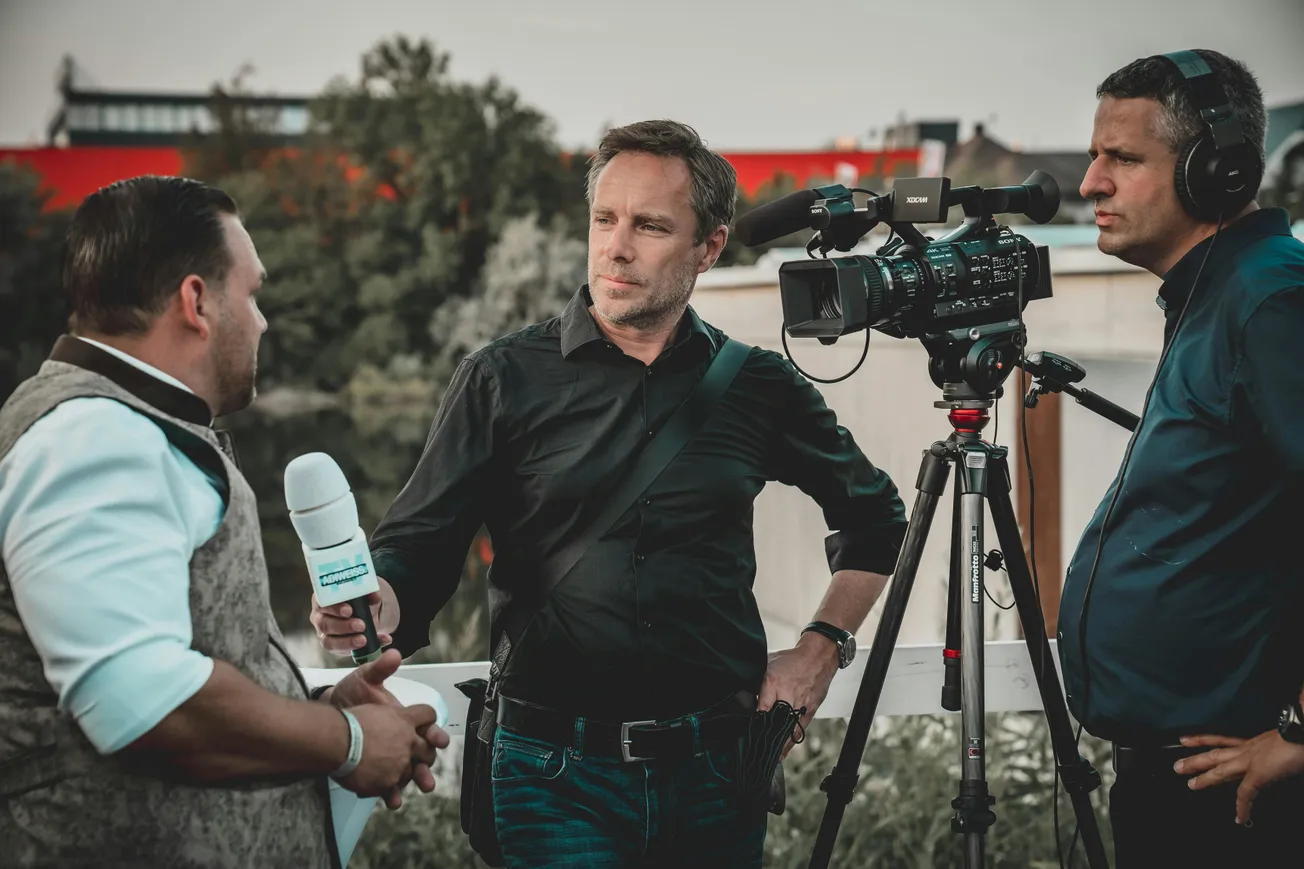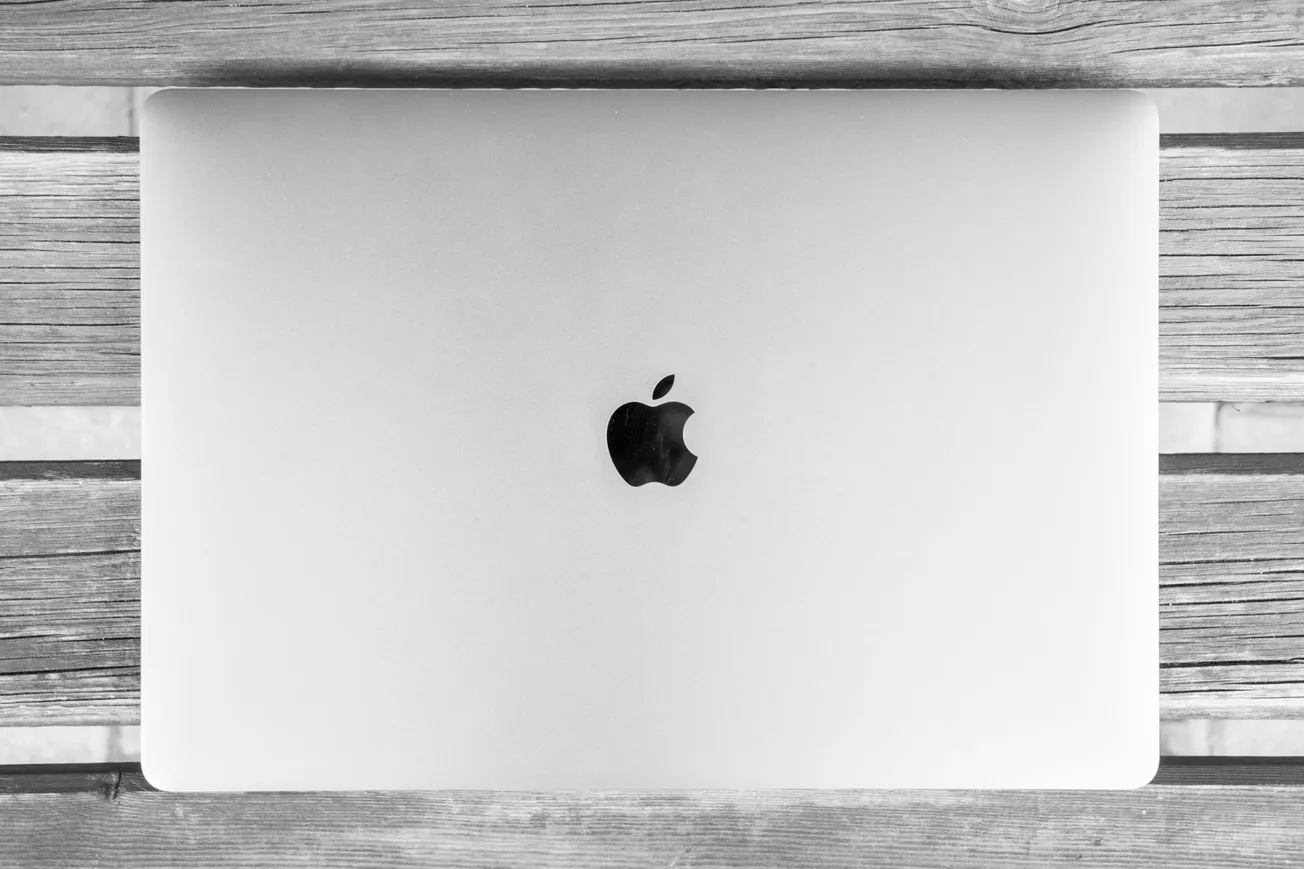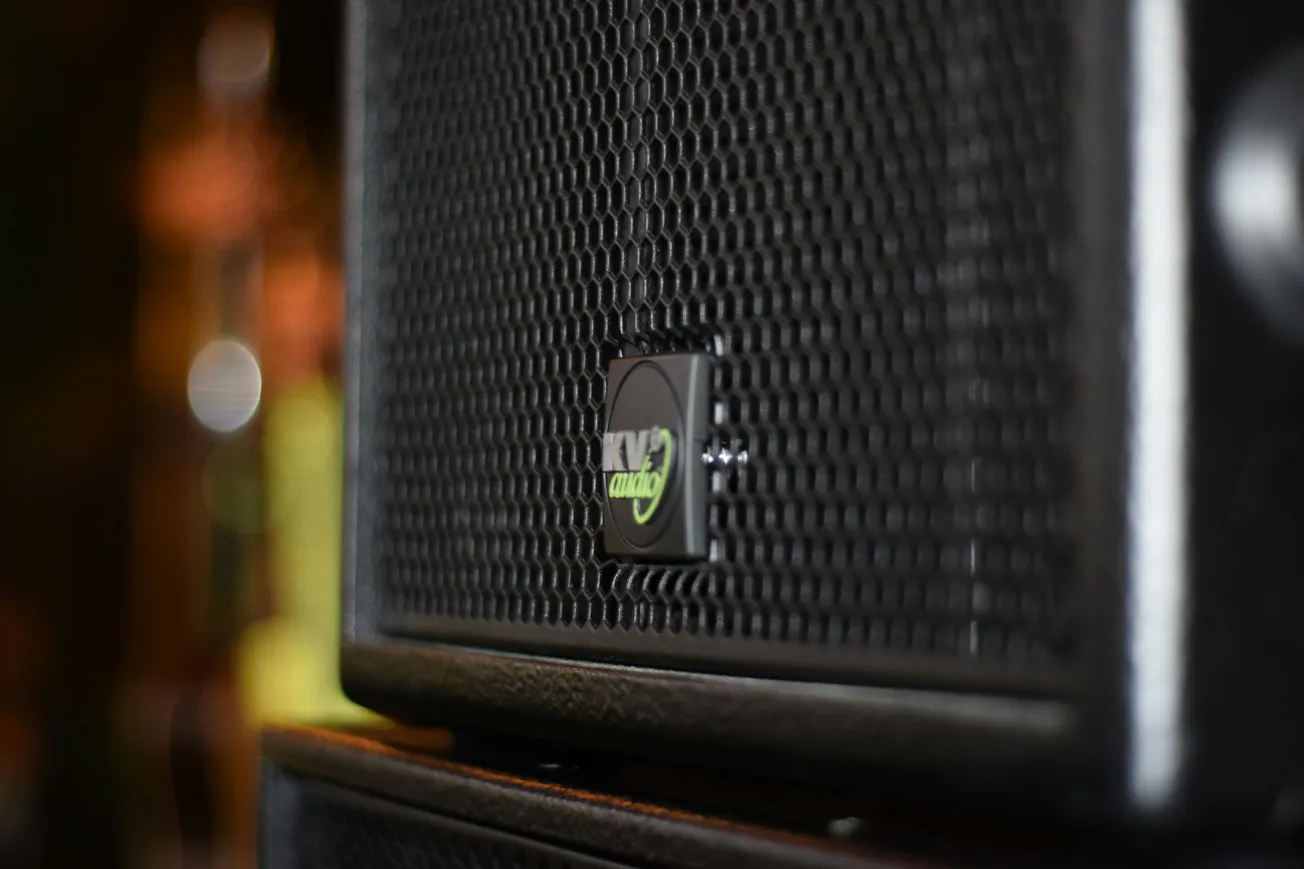Creators are weighing the classic 4:3 frame against the modern 16:9 standard as social platforms continue to favor different shapes. With audiences split across YouTube, Instagram and TikTok – and most viewing on phones – the right aspect ratio is now a strategic decision that impacts reach, aesthetics and production.
What Aspect Ratios Mean
- Aspect ratio describes frame shape (width:height).
- 4:3 is nearly square, focuses attention and evokes retro or documentary vibes.
- 16:9 is wide and immersive, ideal for landscapes, groups and cinematic compositions.
4:3: When The Classic Frame Wins
- Best for: Intimate vlogs, portraits, stylized shorts, retro/arts-driven edits.
- Pros: Tighter subject focus; distinct aesthetic; smaller files.
- Cons: Limited HD/4K options; may letterbox or crop on modern platforms; can feel dated if misused.
16:9: The Modern Default
- Best for: YouTube, tutorials, interviews, narrative content, most TVs/monitors.
- Pros: Native fit across devices; supports HD to 8K; feels polished and cinematic.
- Cons: Larger file sizes; may need reframing for vertical-first platforms.
Platform Considerations
- YouTube: 16:9 for full-screen playback and thumbnail consistency.
- Instagram Feed: 4:5 or 1:1 often performs better than 4:3.
- Reels/Stories/TikTok: 9:16 vertical dominates; crop or re-edit from wider masters.
- Cross-Posting: Shoot wider than needed to preserve safe margins for multiple crops.
Practical Advice For Creators
- Choose based on where the content primarily lives; adapt versions for other platforms.
- Think mobile-first: ensure text, faces and action are legible on small screens.
- Shoot with extra headroom and side space to enable 16:9, 4:5 and 9:16 reframes.
- Test formats with your audience; let performance guide future ratios.
- Break rules deliberately: mixing ratios can be effective for emphasis if transitions are planned.









